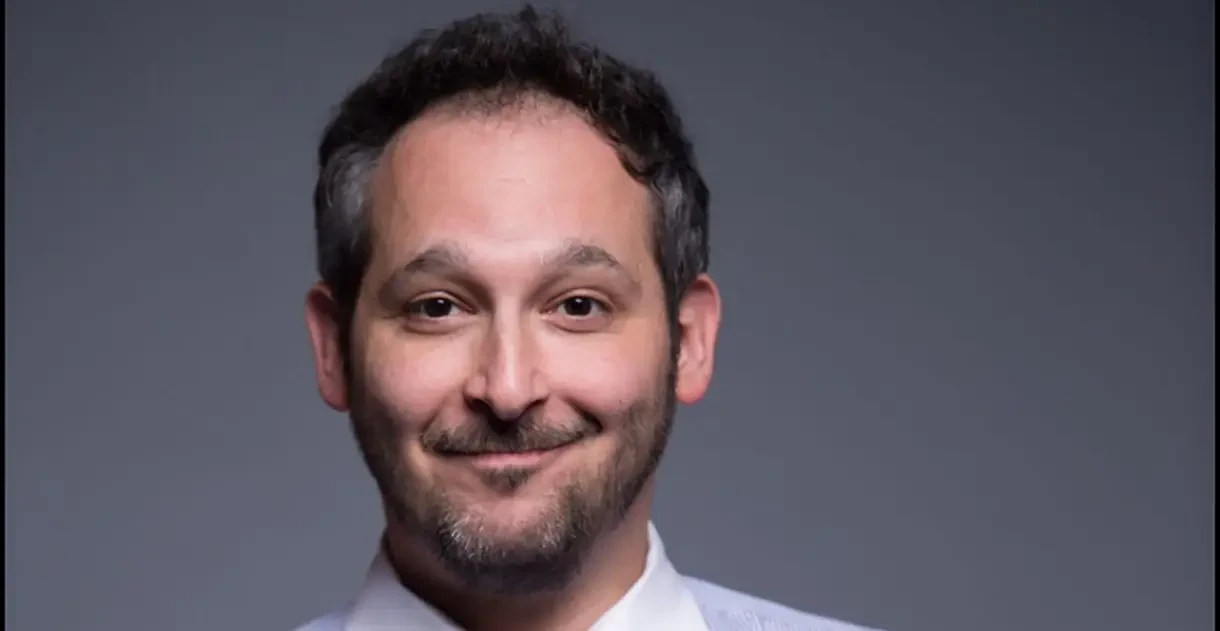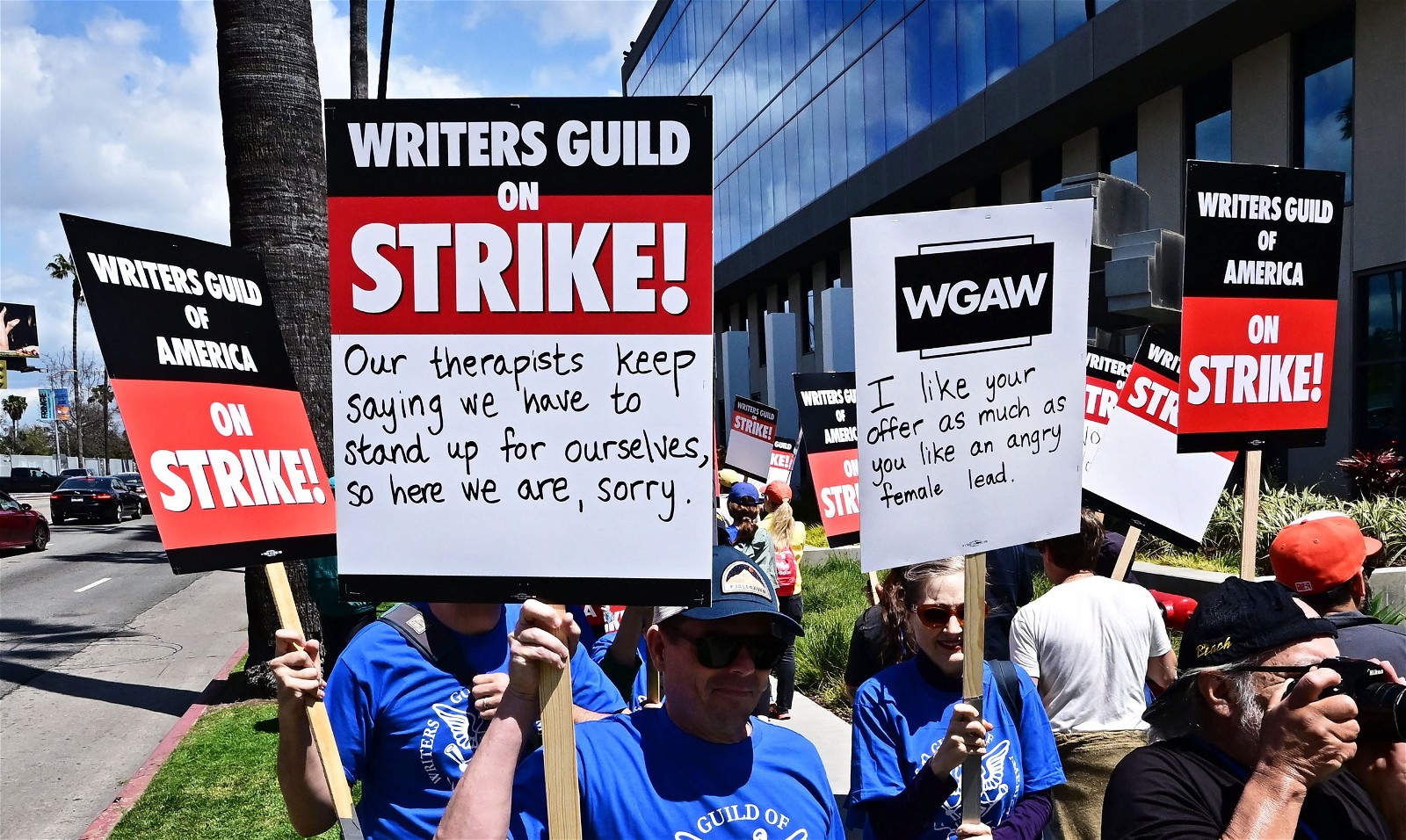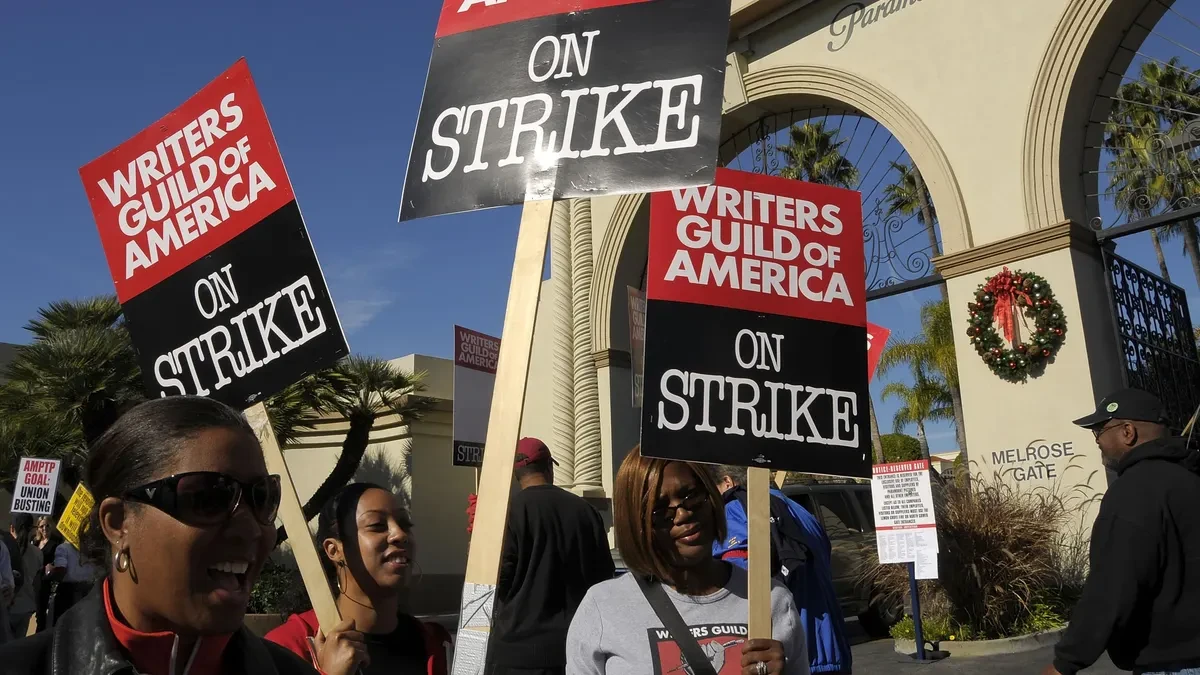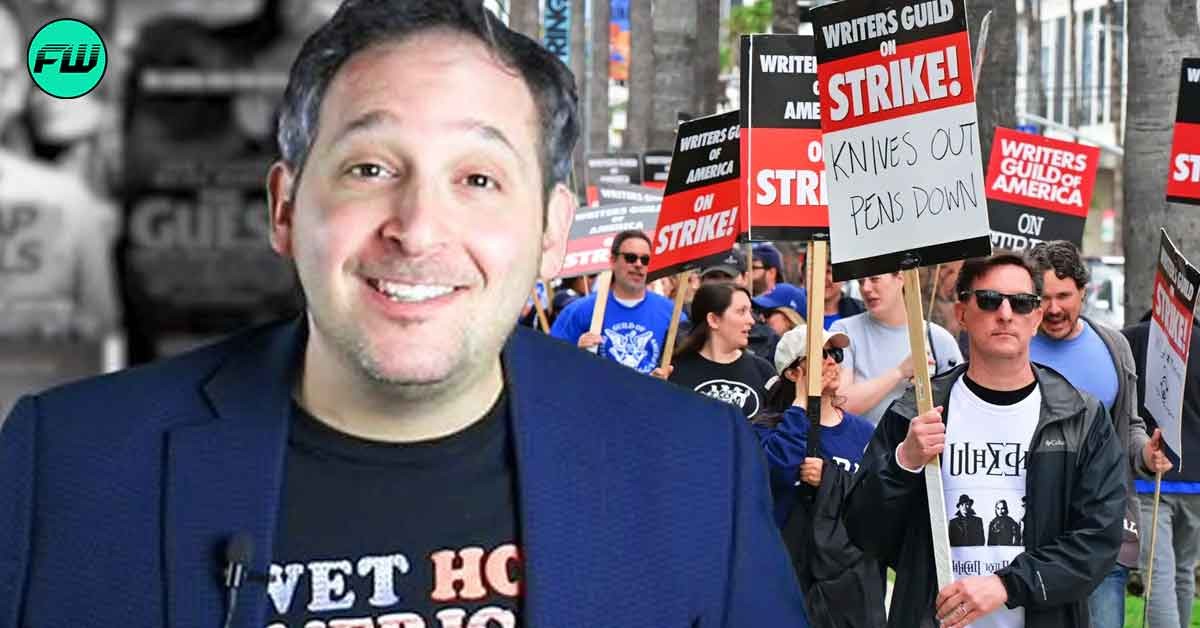As the Writers Guild of America (WGA) strike continues, experts in the field question the strike’s efficacy. Reputable entertainment journalist Jeff Sneider has warned that extending the writers’ strike may not achieve the desired results.
Sneider’s analysis arrives as the strike has hampered the production of multiple shows, forcing some networks to postpone the premieres of shows.
Jeff Sneider Shares His Scoop

Jeff Sneider speculated on The Hot Mic podcast with John Roach that some writers might forego the WGA to strike their own contracts. Sneider conceded that such a move would elicit criticism from other authors and the general public but argued that it was still possible.
“Some TV writer right who’s right putting it out, so there’s just a question of, as Melanie said and I’m not trying to like stir up division within the guild, or whatever, but it is there’s a lot of people that don’t need the guild anymore.”
Suggested Article: Stanley Kubrick Provoked Nicole Kidman into Having S*x With Tom Cruise for $6.5M Paycheck in $162M Erotic Thriller
Jeff Sneider‘s remarks reflect a widespread feeling of exasperation among striking writers. With no resolution, writers consider leaving the WGA and striking out independently to find contracts. The strike has its roots in two central concerns: the amount of authority writers are given over their work and the amount of money they are paid for it. The WGA is pushing for more protections for authors, such as the right to approve all uses of their work and receive compensation. Although these are fair requests, studios have been slow to fulfill them. Some have claimed that the WGA is being excessive in its demands.
In addition, they have hesitated to cede power over the creative process, claiming that doing so would be detrimental to developing new television shows and motion pictures.
The DGA Factor

The outcome of the WGA strike could be affected by the ongoing negotiations between the Directors Guild of America (DGA) and the studios. WGA bargaining talks would be accelerated if the DGA agreed with the studios. This is because the DGA is the more powerful union, and if they were to reach an agreement with the studios, it would serve as a model for the WGA to use in their own negotiations.
Nonetheless, the DGA talks have also stalled, with studios reportedly refusing to budge on some critical issues. This has prompted worries that the DGA talks will take longer than expected, which would, in turn, extend the strike even further.

Although writers and readers are increasingly frustrated with the strike, its future duration remains unknown. The WGA and studios have been in talks for months but haven’t gotten very far. Since the studios are standing firm on several crucial issues, the strike may last until the end of the year.
However, the longer the strike lasts, the greater the pressure on both sides to negotiate an end to it. The pressure on the studios to make concessions and reach a deal will increase as the public grows more dissatisfied with the interruptions to their favorite shows.
It’s unclear whether the WGA strike will give writers what they want. Despite having a valid complaint and fighting for what they believe is fair, the studios have shown little willingness to compromise.
Source: YouTube

